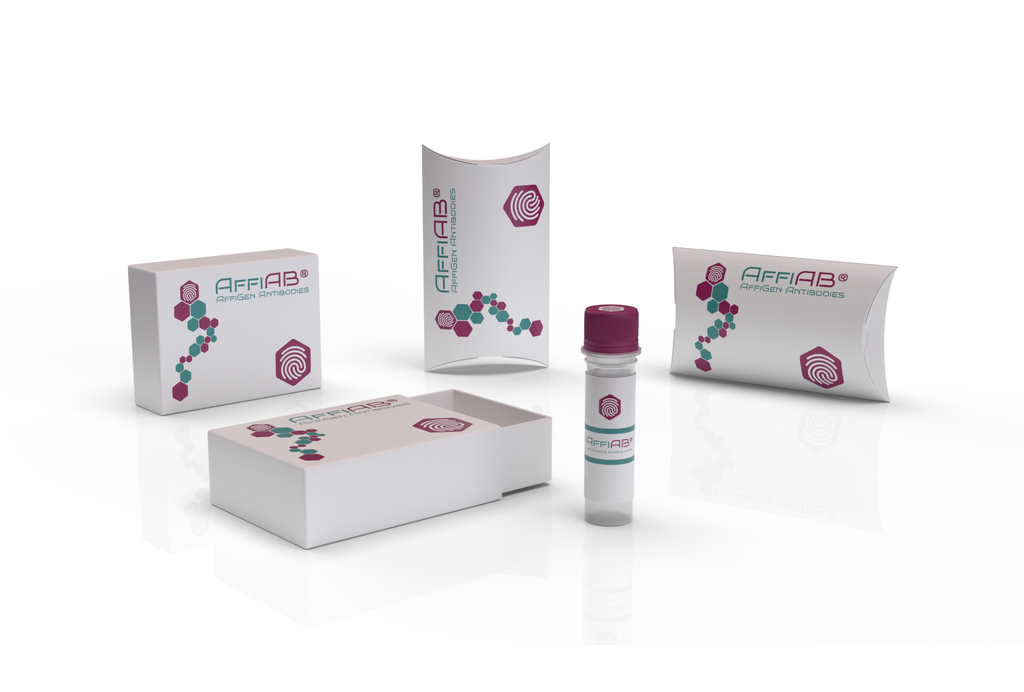AffiAB® Anti-VEGFR1 Antibody
Tyrosine-protein kinase that acts as a cell-surface receptor for VEGFA, VEGFB and PGF, and plays an essential role in the development of embryonic vasculature, the regulation of angiogenesis, cell survival, cell migration, macrophage function, chemotaxis, and cancer cell invasion. Vascular endothelial growth factor receptor 1 is a protein that in humans is encoded by the FLT1 gene. Oncogene FLT belongs to the src gene family and is related to oncogene ROS. Like other members of this family, it shows tyrosine protein kinase activity that is important for the control of cell proliferation and differentiation. The sequence structure of the FLT gene resembles that of the FMS gene; hence, Yoshida et al. (1987) proposed the name FLT as an acronym for FMS-like tyrosine kinase. FLT1 has been shown to interact with PLCG1 and vascular endothelial growth factor B (VEGF-B) .
Antibody type
Rabbit polyclonal Antibody
Uniprot ID
SwissProt: P17948 Human
Recombinant
NO
Conjugation
Non-conjugated
Host
Rabbit
Isotype
IgG
Clone
N/A
KO/KD
N/A
Species reactivity
Human, Mouse, Rat
Tested applications
WB, IHC-P
Predicted species reactivity
N/A
Immunogen
Synthetic peptide within N-terminal human VEGFR1.
Storage
Store at +4°C after thawing. Aliquot store at -20°C or -80°C. Avoid repeated freeze / thaw cycles.
Form
Liquid
Storage buffer
1*PBS (pH7.4) , 0.2% BSA, 40% Glycerol. Preservative: 0.05% Sodium Azide.
Concentration
1 mg/mL.
Purity
Immunogen affinity purified.
Signal pathway
HIF-1 signaling pathway, Rheumatoid arthritis, PI3K-AKT, Cancer
Recommended dilutions
WB: 1:1, 000; IHC-P: 1:200
Molecular Weight
150 kDa
Subcellular location
Cell membrane, endosome.
Positive control
Mouse liver tissue, mouse heart tissue, mouse brain tissue, mouse kidney tissue, human liver tissue, human kidney tissue.
